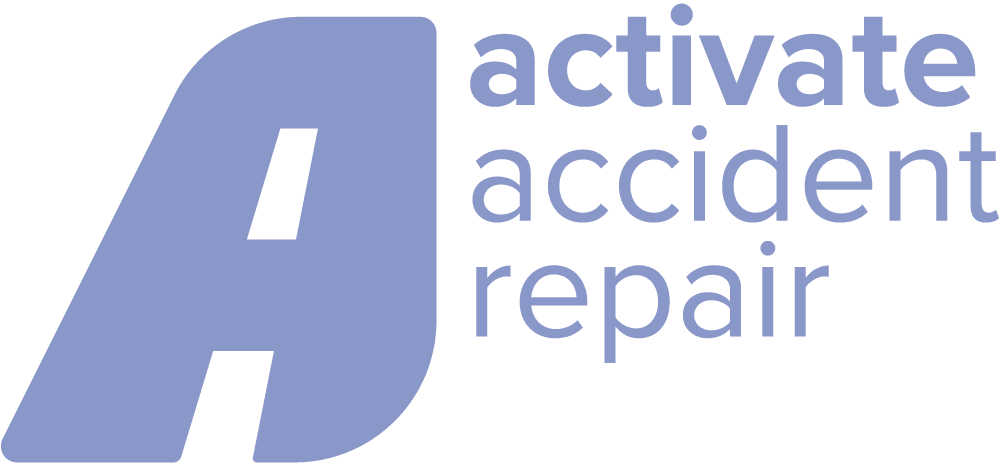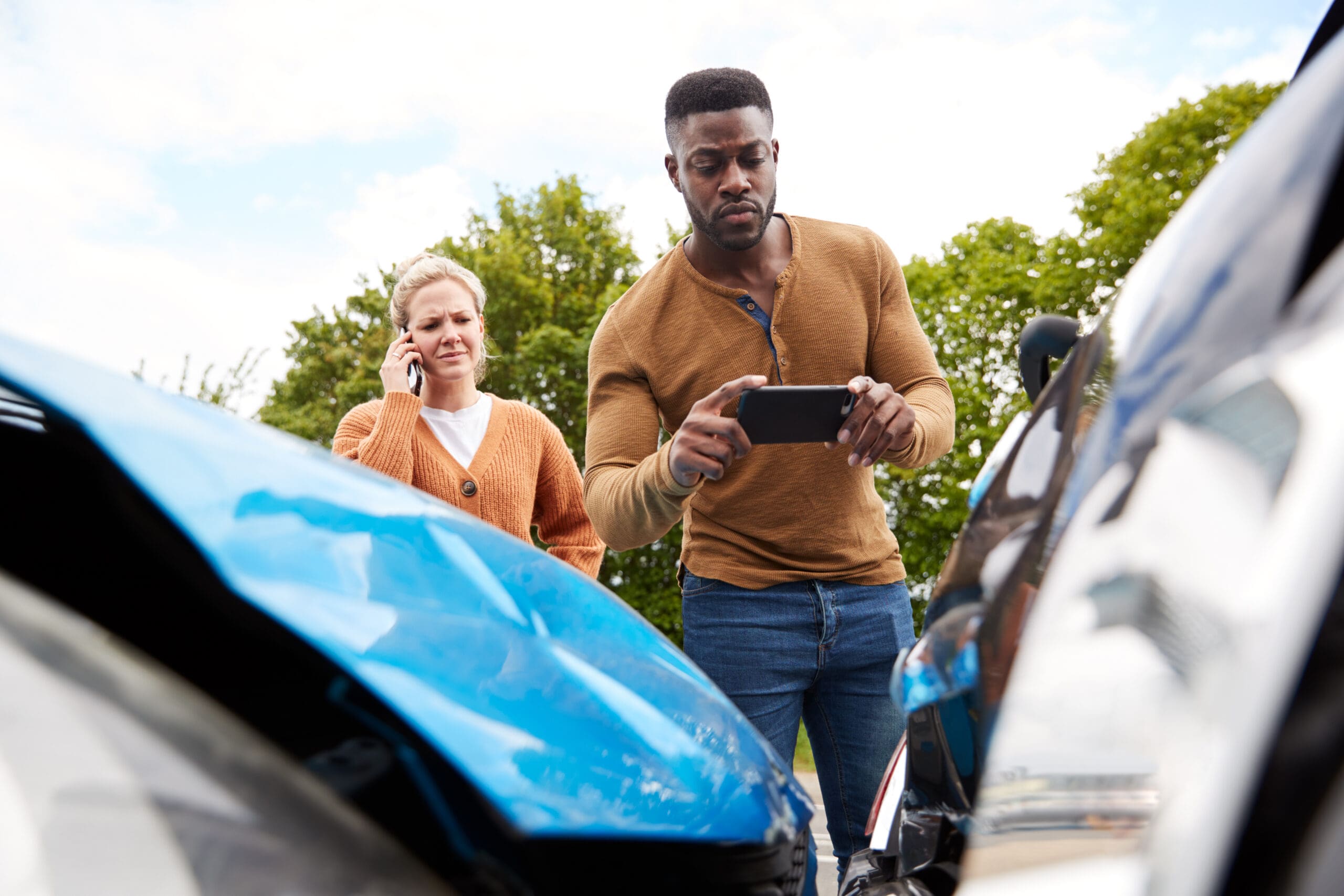Nobody wants or expects to be in a road accident, but it’s important to know what to do if it happens.
Whether it’s a serious crash or a minor bump, any collision is stressful. This comprehensive guide will help you stay calm, look after yourself and others, and gather all the necessary information after a road incident.
In this article, we answer some of the most asked questions following a collision, ensuring you know exactly what steps to take.
Do I have to stop after a road accident or collision?
Yes, you must stop after a road collision as soon as it’s safe to do so. Leaving the scene of a road accident is against the law, and you could be charged by the police if you fail to stop.
Here’s what you should do first and foremost if you’re involved in a road incident:
- Stop the car as safely as possible.
- Turn off your engine.
- Put your hazard lights on to make you more visible to other road users.
- Make sure it’s safe and there is no oncoming traffic before getting out of the car.
If the other person involved in the collision doesn’t stop, let the police know by calling 101.
What should I check after a road accident?
The most important thing to do after a road incident is to keep calm. It’s normal to feel shaken after a collision; take a moment to calm yourself and focus on making sure everyone is OK.
- Check for injuries – make sure you, your passengers and anyone else involved in the collision are ok. Call an ambulance if needed. If nobody is injured, make a note of it as this may help you in the insurance claim process.
- Check if the road is blocked – if a vehicle is stranded and causing an obstruction, you can call the police to request their help.
What details should I exchange after a collision or crash?
If you’ve been involved in a road incident, be sure to get the details of anyone else involved as these will help you with an insurance claim.
Ask any other parties for the following details, and make sure to write them down:
- Name
- Contact phone number
- Vehicle registration number
- Address
It’s also a great idea to write down the contact details of any witnesses who may have seen the incident unfold.
What photos should I take after a road accident, collision or crash?
Taking photos is a great way to accurately record the surroundings, circumstances, and vehicle damage after a road incident.
Make sure you’re in a safe place before taking any photographs, and try to capture:
- The position of the vehicles.
- Any vehicle damage.
- Nearby road markings that help to demonstrate the position or circumstances of the crash.
It’s also a great idea to check if anyone involved or nearby has a dashcam. If they do, ask for a copy of any relevant footage.
Do I need to report a road accident or collision to the police?
Lots of minor road incidents can be resolved without the need to contact the police, however, you must report an incident if:
- You were unable to exchange details at the scene.
- Anyone was injured.
- You believe someone has committed a driving offence.
- Another driver involved is not insured.
You only need to call 999 if there is a serious injury, or the collision has caused a dangerous road blockage.
For more minor incidents, you can call 101 or you may even be able to submit an online report – more details are available here.
Do I have to tell my insurance company if I’ve been in a road accident?
Yes. You should let your insurer know as soon as possible if you have been in a road accident, even if you don’t want to make a claim.
Your insurance policy will usually state how long you have to report the incident.
When reporting an incident to your insurer, you can:
- Ask your insurer to support you in handling the claim.
- Let your insurer know that you are reporting the incident for information and do not wish to claim.
- Discuss with your insurer if there is a particular supplier you want to use as part of the claim, for example a repair centre or legal firm.
I’ve been in a collision or crash. How do I check my vehicle is safe to drive?
After a road accident, it’s wise to check the condition of your vehicle before you set off. When inspecting your vehicle after a collision, pay particular attention to:
- Leaking fluid or smoke – this can suggest engine or mechanical damage.
- Broken mirrors or lights, which could make it unsafe to drive the vehicle.
- Dents and scrapes with sharp edges that could be a danger to other road users.
- Damage to the wheels – for example, bulges in tyres or incorrect wheel alignment.
- Dashboard warning lights or unusual engine noises.
If you are uncertain about whether your vehicle is roadworthy, talk to your insurer or breakdown company – they can offer advice based on your specific circumstances.
In summary
If you are involved in a road accident or collision, it’s important to stay calm and take the following steps:
- Stop in a safe place.
- Check for injuries and seek medical assistance if needed.
- Exchange contact details with other drivers and witnesses.
- Document the scene by taking photographs.
- Inspect your vehicle thoroughly before driving.
- Report the incident to your insurer, even if you don’t intend to claim.
You must inform the police about an incident if you were unable to exchange details, people were injured, or you believe someone has committed a driving offence.
For more information on what to expect after a road accident, take a look at our overview of the repair process here.


Leave a Reply